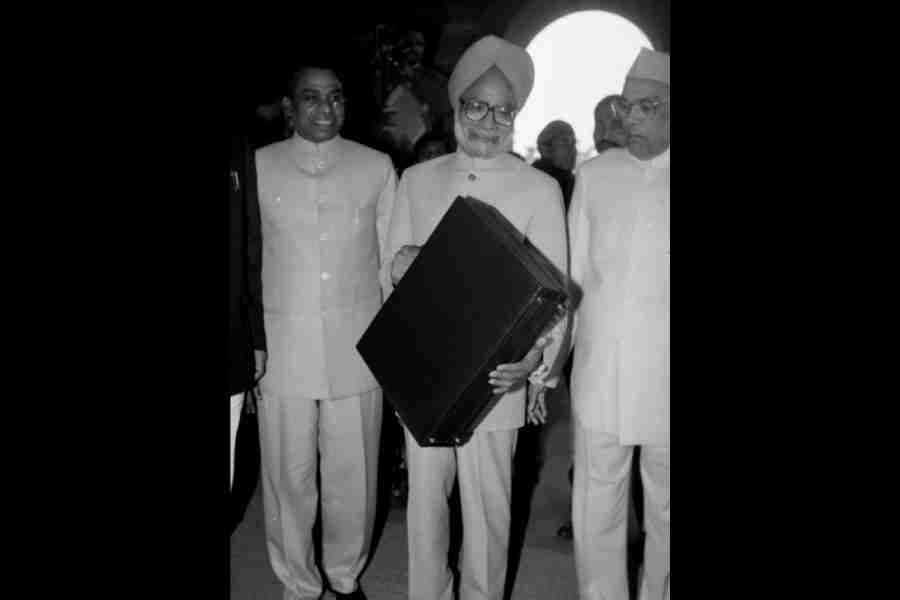Not very often has India had the occasion of having an intellectual and an academic as a political leader of the nation. Dr Manmohan Singh was one such leader.
As an academic, he was a top-class economist and teacher. Not all good academics have the courage or the confidence to become policymakers and take on responsible positions in economic administration. Dr Manmohan Singh went on to become one such with a great deal of distinction. He served as the governor of the Reserve Bank of India. In 1991, at a critical juncture of India’s economic development, he accepted the role of the finance minister of the nation that was thrust upon him.
Two things will stand out when the ordinary citizen will remember Dr Singh. The first is his demeanour and behaviour as finance minister and, then, as Prime Minister of India for a period of 10 years. He was a perfect gentleman, soft-spoken, yet focussed, and very specific in his pronouncements. He never looked flustered in front of the press or in Parliament. He was always composed and his language was always polite and cultured.
The second reason he will be remembered for was his courage to accept a major responsibility and undertake an important policy change that would alter the entire course of the Indian economy. He was not a career politician at that time and was able to stick to his convictions without ruffling any political feathers. He was gentle and persuasive with his opponents, always speaking in very well-articulated arguments about what was the best for India’s economy at that time.
Today, 10 years after Dr Singh’s tenure as Prime Minister of the nation, India’s polity has changed dramatically, becoming much more crude, brazen and rough. It is difficult to think of a polite yet sharp politician on the political scene today. It is also rare to come across a politician who has the courage of his convictions and the ability to stick to fundamental beliefs.
Manmohan Singh’s politics was inclusive, with a discernible concern for the deprived and the needy. He was a secular-liberal, another pair of descriptions that is hard to find in today’s political leadership. His political philosophy was one concerned with democracy and justice and was built on rights. He will be remembered for many legislations that were passed during his tenure as Prime Minister, especially the right to work embodied in the National Employment Guarantee Act.
Yet, the man who started building India’s social security system in earnest was also the chief architect who triggered the transformation of India’s moribund planning system into a competitive vibrant market economy. Arguably, this was the most significant economic policy change that was introduced in India since Independence. He will be remembered not only for his grace and culture but also for his acumen as a policymaker and for having had the courage to transform the economy against substantial odds and opposition.
History will look on him kindly and with admiration. Manmohan Singh was a gentle giant who has every right to be compared with the likes of Jawaharlal Nehru as one of India’s greatest Prime Ministers.
Anup Sinha is former professor of economics, IIM Calcutta











